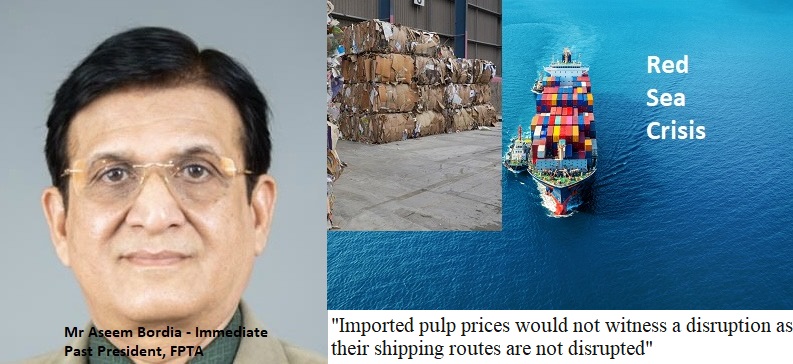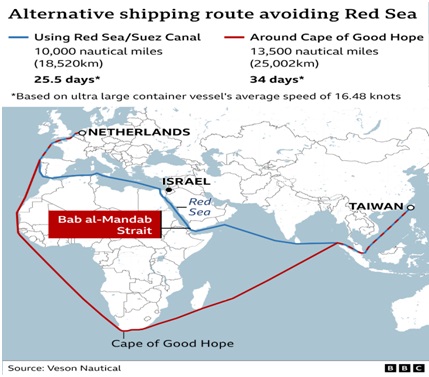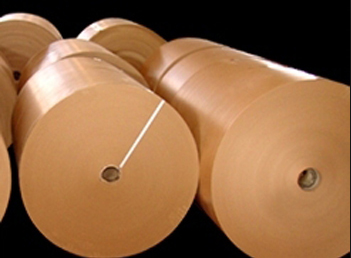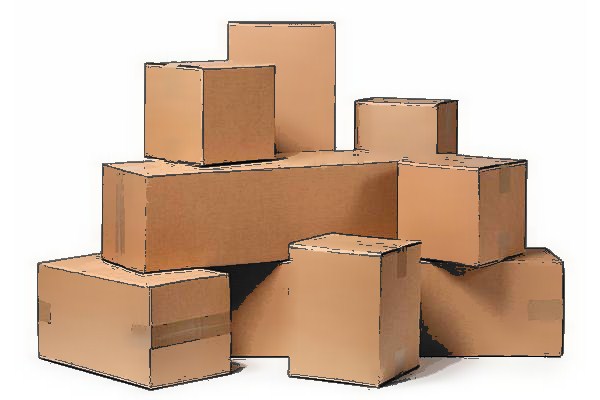Red Sea Crisis: Domestic players to build trust and listen to the customer rather than frequent price increases

Red Sea Crisis: Domestic players to build trust and listen to the customer rather than frequent price increases
- India’s imports of paper and paperboards are largely from South East Asian Countries and China
- The impact of Indian Paper Industry shall be very minimal as the pulp, mainly hardwood pulp comes mainly from Indonesia and South America
The Pulp and Paper Times provides a brief analysis of the Red Sea Crisis and its implications for the paper sector. India is a significant importer and exporter of various paper goods, including pulp, finished paper, waste paper, and other types of paper. This crisis could have an effect on the market's price structure and put the sector in disarray. We conducted in-depth analyses of the Red Sea situation and spoke with a number of prominent figures in the paper sector. Here are the opinion of Mr Aseem Bordia, who is the Immediate Past President of the Federation of Paper Traders Association (FPTA) for the year 2022-2023. The views are personal

It is a fact that global supply chains could face severe disruption as a result of the world's biggest shipping companies diverting journeys away from the Red Sea. Attacks by Houthi rebels in Yemen on commercial vessels in recent weeks have resulted in many firms deciding to avoid one of the world's busiest shipping lanes. The Houthi group has declared its support for Hamas and has said it is targeting ships travelling to Israel, though it is not clear if all the ships that have been attacked were actually heading to Israel.
The group, which is backed by Iran, has been using drones and rockets against foreign-owned vessels transporting goods through the strait of Bab al-Mandab - a 20-mile-wide channel that splits Eritrea and Djibouti on the African side and Yemen on the Arabian Peninsula.
Ships usually take this route from the south to reach Egypt's Suez Canal further north. (Check above image)
BBC news of December 26th,states that Danish shipping giant Maersk has said it is preparing to resume shipping operations through the Red Sea and Gulf of Aden. The move follows the deployment of an international military operation to prevent attacks on commercial ships by Yemen's Houthi rebels.German shipping firm Hapag-Lloyd has said it will decide on Wednesday, December 27th whether to resume using the route.
The Red Sea is one of the world's most important routes for oil and liquefied natural gas shipments, as well as for consumer goods.It is bookended by the Bab al-Mandab Strait - also known as the Gate of Tears - in the south near the coast of Yemen and the Suez Canal in the north.
The alternative route, around the Cape of Good Hope, adds about 3,500 nautical miles to the journey. This has led to fears of disruption to the supply of goods transported through the Suez Canal, and an increase in prices to cover the higher transport costs.
The news that shipping companies were avoiding the Red Sea route led the US to launch an international naval operation - named Operation Prosperity Guardian - to protect ships.
In a statement issued on Sunday the December 24th, Maersk said that with this initiative under way, "we are preparing to allow for vessels to resume transit through the Red Sea both eastbound and westbound"."We are currently working on plans for the first vessels to make the transit and for this to happen as soon as operationally possible."However, the world's second largest shipping company added that although security measures had been put in place, "the overall risk in the area is not eliminated at this stage". "Maersk will not hesitate to re-evaluate the situation and once again initiate diversion plans if we deem it necessary for the safety of our seafarers," it said.
Other shipping giants including Mediterranean Shipping Company (MSC), CMA CGM and Hapag-Lloyd have also been avoiding the Red Sea route because of the increased threat of attacks.
On Tuesday the December 26th, Hapag-Lloyd said it would re-assess the situation in the Red Sea on Wednesday the December 27th, before deciding how to proceed.Last week, the company had said it would redirect 25 ships by the end of the year.
The impact of Indian Paper Industry shall be very minimal as the pulp, mainly hardwood pulp comes mainly from Indonesia and South America. The softwood pulp though coming from Europe and North America would have some slight impact. Waste paper imports are largely from middle east countries with little impact, whereas some quantities from United States and Europe could face the heat. However, one should keep in mind two factors, first the imports are contractual and are contracted for 2-3 months in advance and secondly the shipping lines are already making plans to move back their operations to the old shipping route.
It is very unlikely that the prices of imported recovered fibre for India to witness a rise in price in the short term because of temporary shipping disruption. The shipping disruption is short term and temporary in nature. Similarly, the imported pulp prices would not witness a disruption as their shipping routes are not disrupted and for softwood pulp even if the shipping routes are disrupted, they are for very short term and reopening.
India’s imports of paper and paperboards are largely from South East Asian Countries and China. The shipping route from these countries remain unaffected. It is very unlikely that the big paper mills would be able to reap any extra benefit on the account of disruption in supplies of imported paper as there shall be no such disruptions.
The shipping disruption has been for a few days and it is very likely to be restored in a few days. The domestic markets are unlikely to witness a price increase on this account as the disruption is short term and shall not have any impact on the existing contracts of pulp and recovered paper. The shipping lines have already made plans to move back to the old shipping route.
It is imperative for the domestic players to understand that it is important to build trust and listen to the customer rather than frequent price increases. Also keep the prices of domestic paper in tandem with the imported paper.
Web Title: Red Sea Crisis: Domestic players to build trust and listen to the customer rather than frequent price increases




 Join WhatsApp Group
Join WhatsApp Group Join Telegram Channel
Join Telegram Channel Join YouTube Channel
Join YouTube Channel Join Job Channel (View | Submit Jobs)
Join Job Channel (View | Submit Jobs) Join Buy Sell Channel (Free to Submit)
Join Buy Sell Channel (Free to Submit) Paper News Headlines Channel (Free to read)
Paper News Headlines Channel (Free to read)













